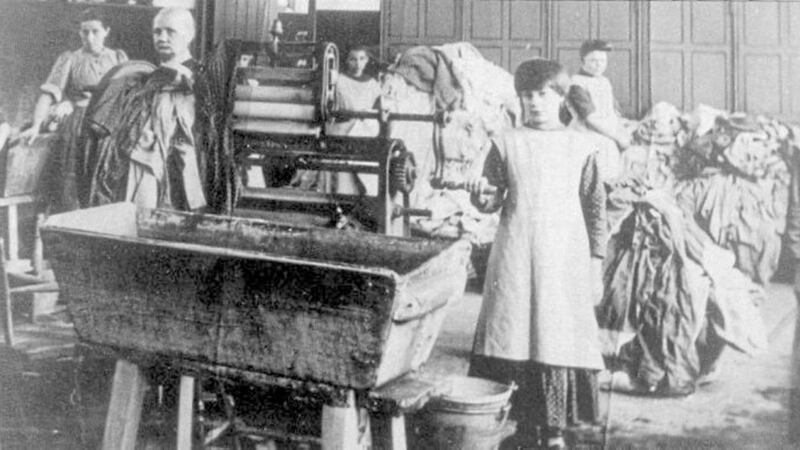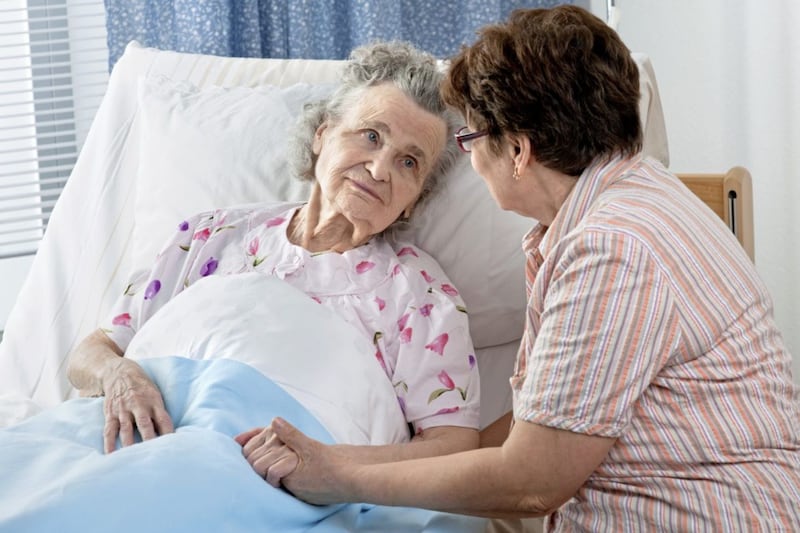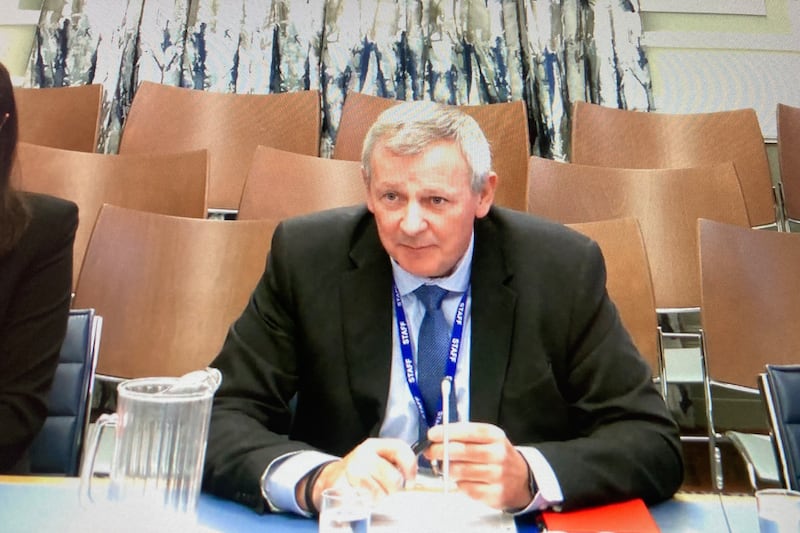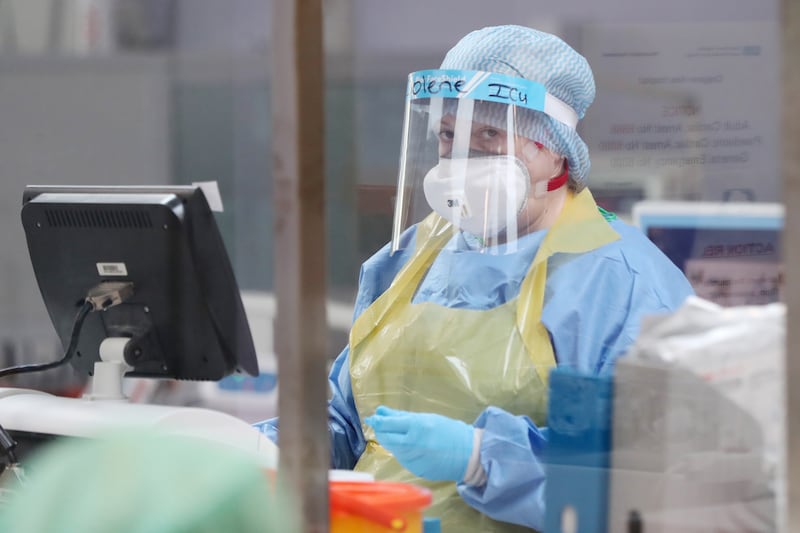RESEARCH is to begin on former mother-and-baby homes and Magdalene laundries in Northern Ireland, the Department of Health has said.
Academics from Queen's University Belfast and Ulster University will spend a year examining their operation between 1922 and 1999.
They will interview former residents and comb government and institutional records.
As recently as the 1980s, newborn babies were being forcibly taken from their mothers and given up for adoption by nuns in the north's laundries, women forced into institutions in Belfast and Newry after becoming pregnant have claimed.
They appear to have suffered abuses including inhuman and degrading treatment, arbitrary deprivation of liberty and forced labour, Amnesty International has said.
Because they were adults, they did not fall within the Historical Institutional Abuse Inquiry (HIAI) into child abuse in institutions.
A working group overseeing the review is chaired by Norah Gibbons, but campaigners have called for a full public inquiry.
Ms Gibbons said: "It is essential that we develop a strong evidence base about the operation of these institutions.
"The research will assist the working group, which I chair, to provide advice to ministers in the future."
Her inter-departmental group was established following a request from Stormont ministers to investigate historical abuse at the homes.
Eunan Duffy was born in the Marian Vale mother-and-baby home in Newry before being taken from his mother against her will and placed for adoption.
"Time is of the essence here. There are people dying off on a regular basis waiting for justice in whatever form that comes. All this is doing is kicking the can down the road," he said.
HIAI, which concluded a year ago, studied allegations of abuse in 22 homes and other institutions.
The public inquiry's chair Sir Anthony Hart recommended a state apology and compensation for victims, but the Stormont executive's collapse put this on hold.
Former secretary of state James Brokenshire last year faced criticism for not releasing interim compensation payments in the absence of an executive.
A British government spokesman at the time said it "remains a devolved issue".
In November David Sterling, head of the Civil Service in Northern Ireland, said he was examining proposals for victims of institutional abuse to receive interim payments.
But in a letter to campaigners the following month, Mr Sterling said officials believed "this would neither be justifiable nor deliverable without ministerial approval".
He said processing such interim payments could face legal challenge in the absence of supporting legislation.







